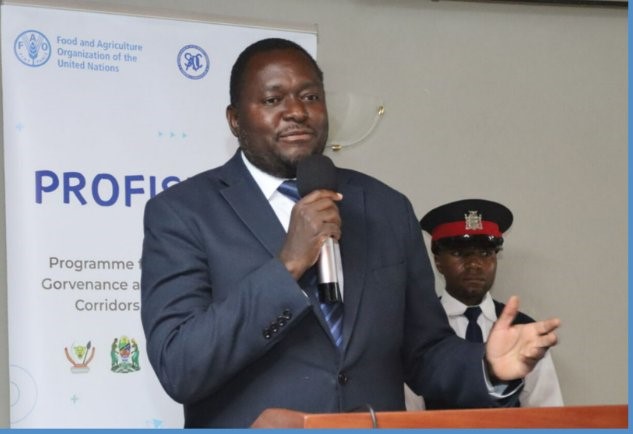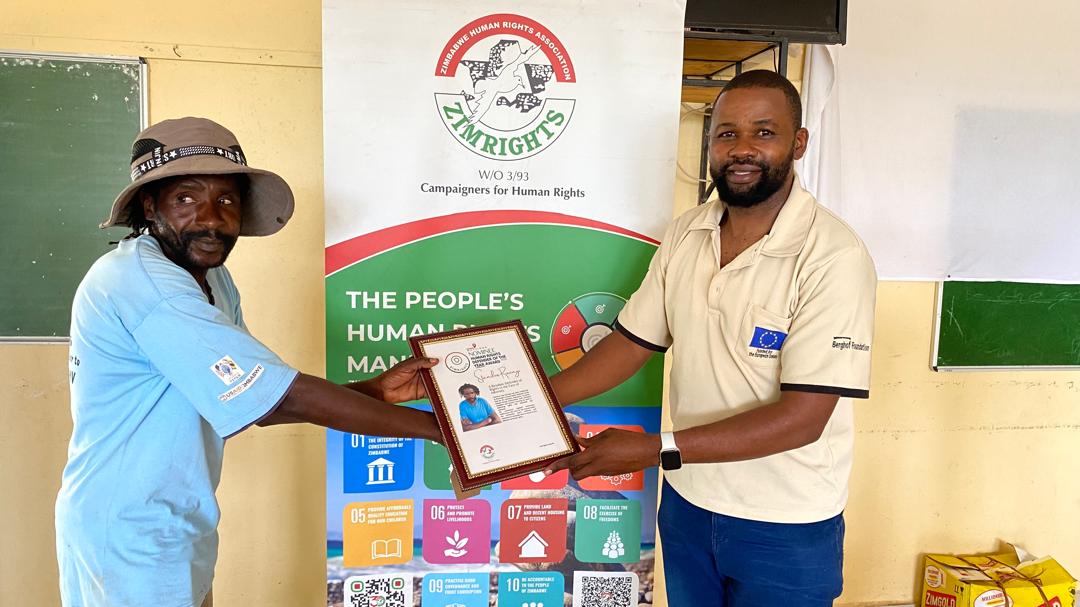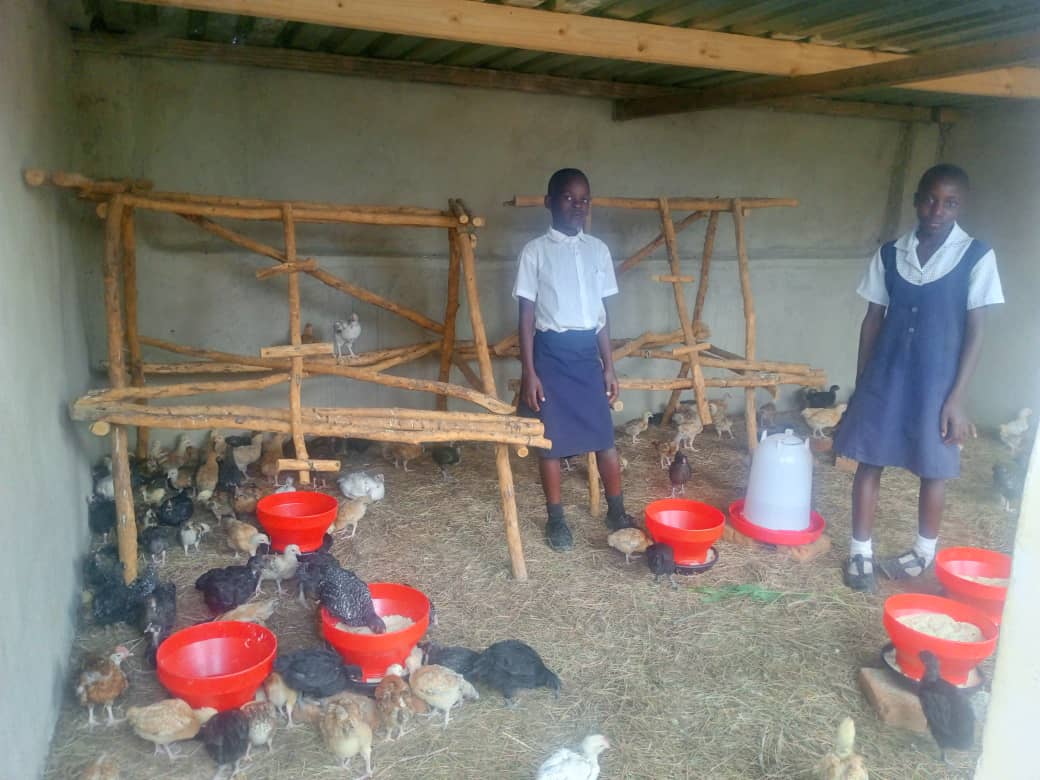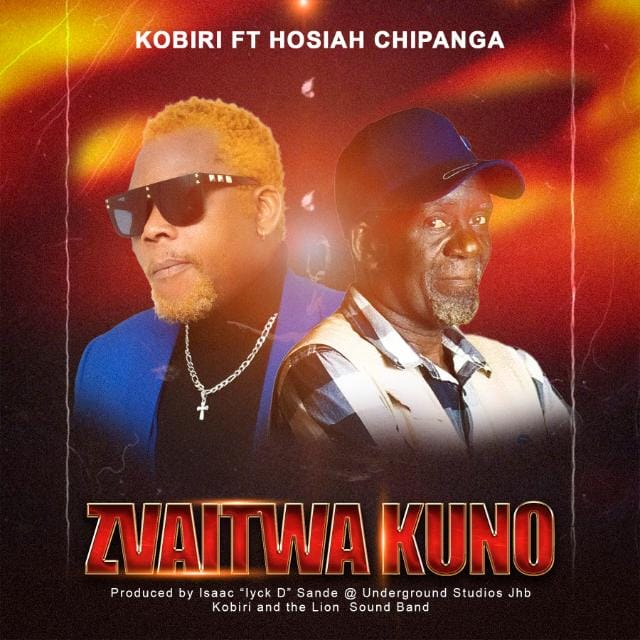Edith Mugabe
The Food and Agricultural Organization (FAO) of the United Nations (UN)has been praised for its work to develop sustainable fisheries and other aspects of water-based resources in Zambia and Zimbabwe.
This came out during a recent workshop on the Project for Improving Fisheries Governance and Blue Economy Trade Corridors in the SADC (ProFishBlue) which was held in Siavonga Zambia.
“I am impressed to witness the commitment that FAO attaches in facilitating inclusive fisheries management practices in Lake Kariba. Such commitment must be commented as we strive to maintain food security systems in the region,” said Zambia’s Permanent Secretary for the Southern Province, Dr. Namani Monze (pictured)
He said the ProFishBlue initiative resonated with Zambia’s National Blue Economy Strategy and Action Plan 2024 -2030.
“It subsequently fits into the Global agenda for attaining Sustainable Development Goals (SDGs) particularly goal number 1 and 15, which aim to alleviate poverty and improve biodiversity conservation,” Dr. Monze said.
ProFishBlue seeks to promote sustainable management of aquatic resources within the blue economy context to improve food security and nutrition, create employment, and facilitate intra-regional trade. The Blue Economy Strategy for both countries is expected to be completed in mid-2025, but at the beginning of the new year, FAO would have presented progress in preparing the first draft.
The director of Fisheries and Aquaculture Resources in Zimbabwe’s Ministry of Land Agriculture, Fisheries, Water and Rural Development, Milton Makumbe told EnviroPress in a side interview that the two countries should invest more in aquaculture projects and look for bigger markets.
“With the depleting fish population in Lake Kariba, there is need for alternative options so that the two countries can maintain sustainable supplies on their markets. This can be done by collaborative investments in aquaculture projects,” said Makumbe.
Nyaminyami District Fisheries Association Chairperson Tichaona Manzungu said collaborative exploitation of marine resources between Zambia and Zimbabwe would lessen chances of conflict among fishermen from the two countries.
“We need to harmonise our activities and solve our problems together. Conflicts between us hinder our development and the development of the SADC region,” Manzungu.
At the workshop, results of scooping mission exercises that were conducted in July this year were presented.
Generally, blue economy refers to the sustainable use of ocean resources for economic growth, improved livelihoods, and jobs while preserving the health of the ocean ecosystem.







